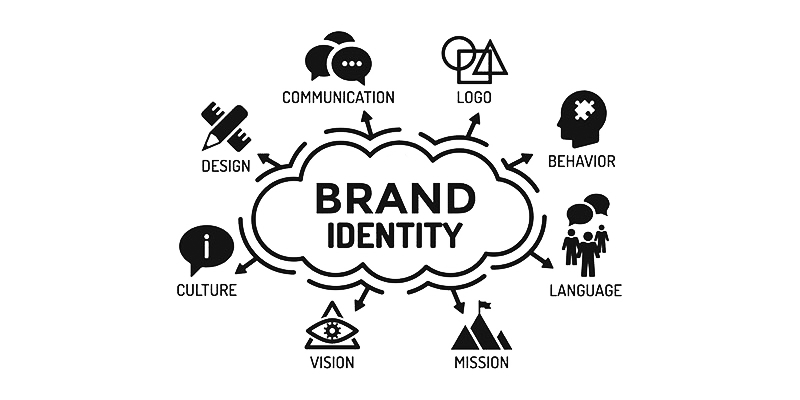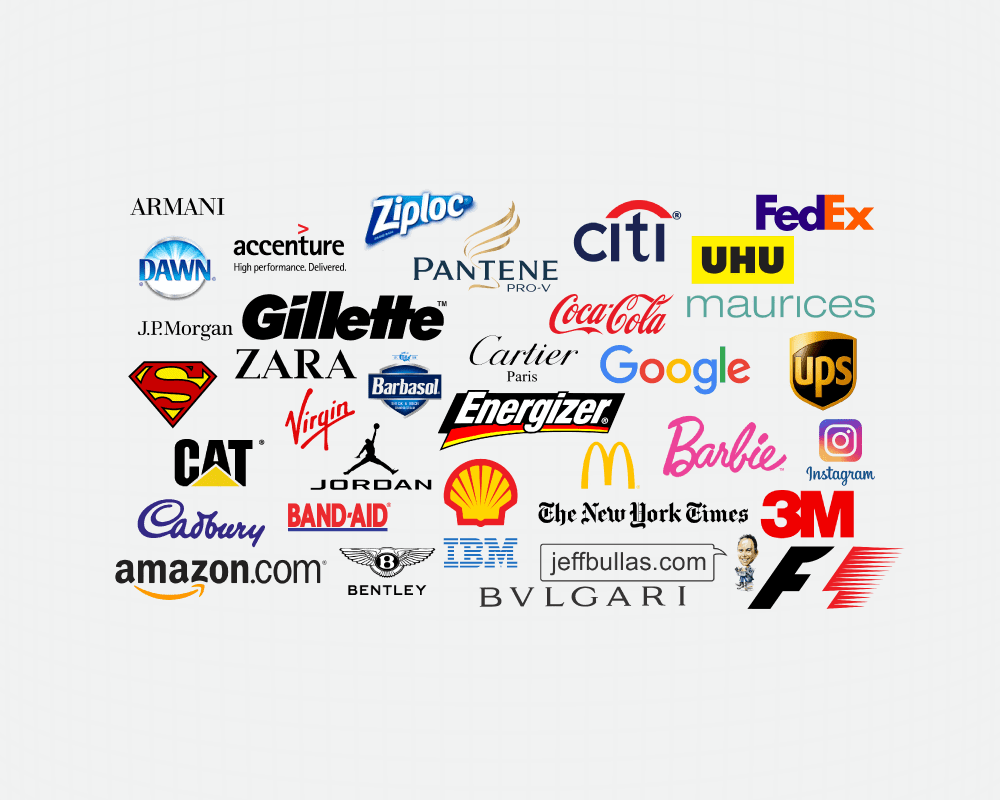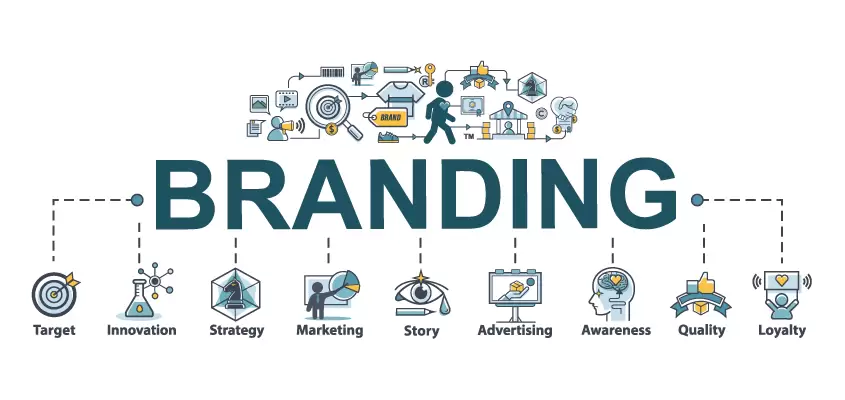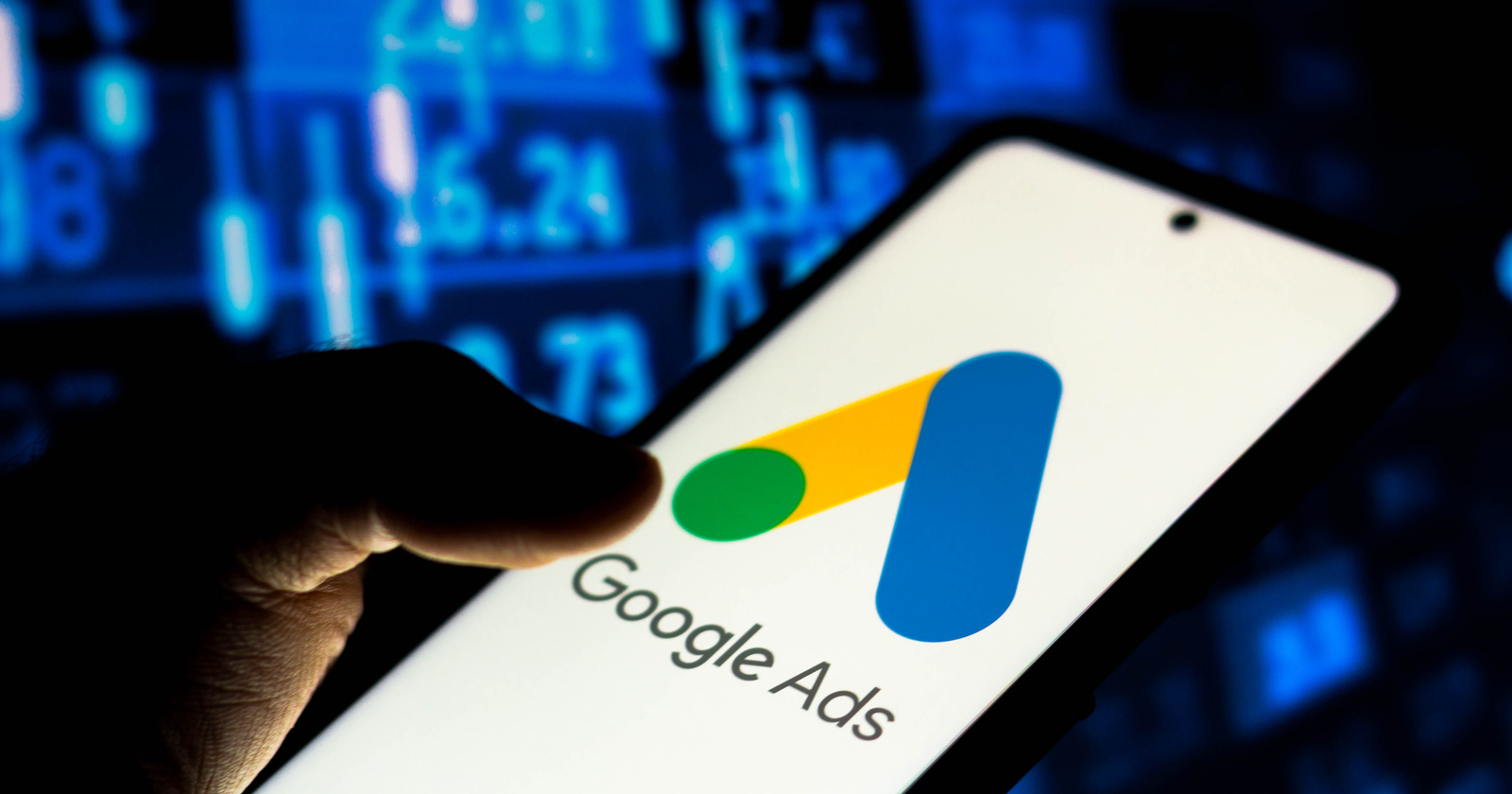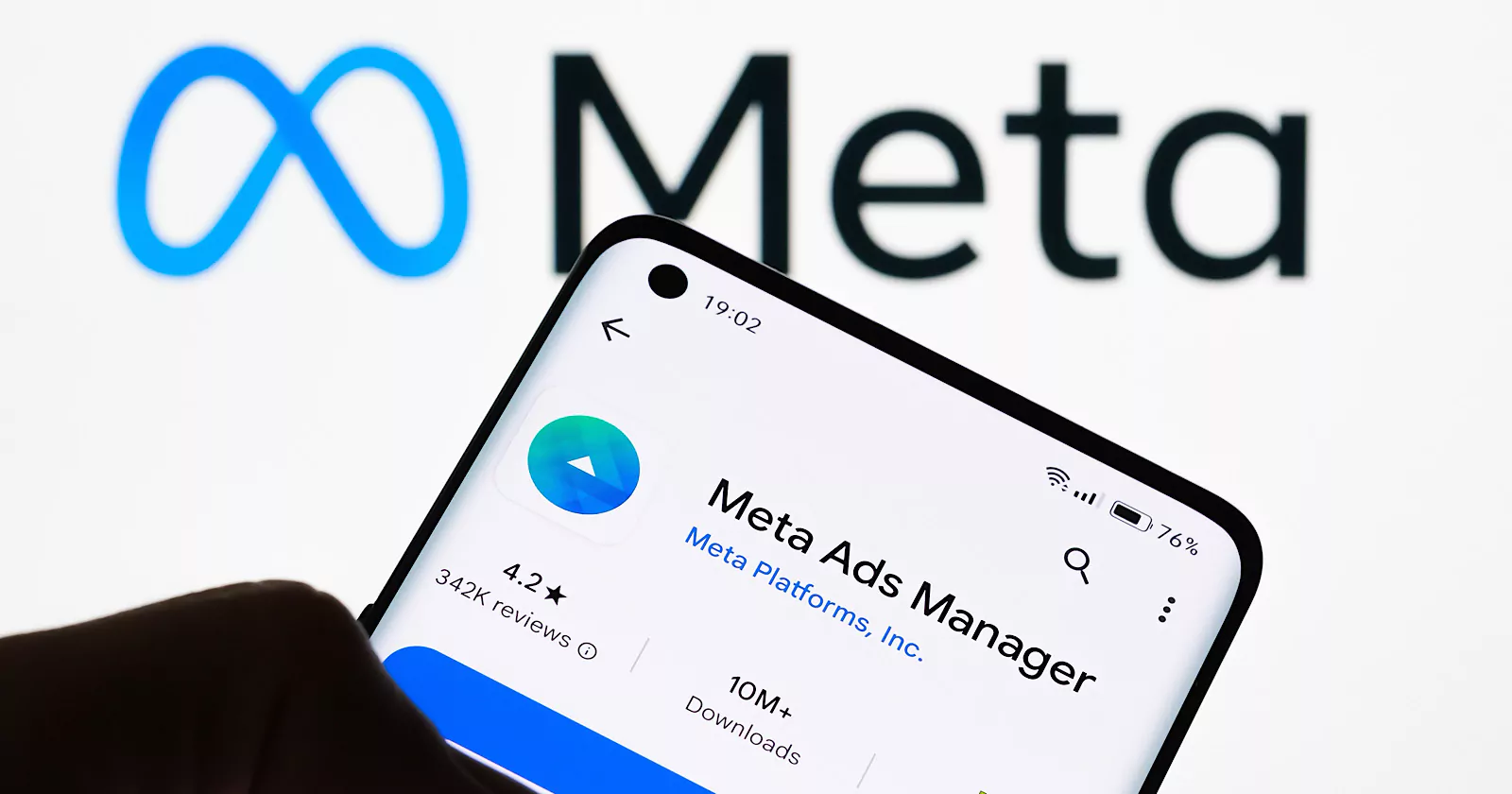As we approach 2025, the marketing landscape is set to undergo major shifts driven by advancements in technology, changing consumer behavior, and a growing emphasis on sustainability. To stay ahead of the curve, brands must anticipate these trends and adapt their strategies. Below are some of the most exciting marketing predictions for 2025, giving you a sneak peek into the future of customer engagement.
1. Hyper-Personalization Powered by AI and Data
By 2025, AI will not just assist in personalizing marketing—it will perfect it. We are moving from basic segmentation to hyper-personalization where every interaction with the customer feels uniquely tailored. Brands will increasingly rely on AI-driven insights to offer real-time, individualized content, promotions, and experiences. Imagine receiving an ad that knows your preferences based on your most recent online searches, purchase behavior, and even your location—this is where marketing is headed.
Key Takeaway: Brands must invest in robust data collection and AI tools that allow them to deliver highly customized experiences at every touchpoint.
2. The Metaverse: The New Marketing Playground
The metaverse, a virtual-reality space where users can interact with a computer-generated environment and other users, will reshape how brands interact with their audiences. With companies like Meta (formerly Facebook) investing heavily in this space, the metaverse will become the ultimate destination for immersive brand experiences. Think virtual stores, digital concerts, or interactive ads where customers can try products on virtually before purchasing.
Key Takeaway: Marketers should start exploring the potential of virtual reality (VR) and augmented reality (AR) to create engaging experiences within the metaverse.
3. Sustainability Takes Center Stage
As climate awareness continues to grow, so does consumer demand for brands that prioritize sustainability. By 2025, eco-conscious marketing will no longer be optional; it will be an expectation. Brands will increasingly need to showcase their commitment to the environment through transparent practices, eco-friendly products, and green initiatives.
Key Takeaway: Brands must not only talk about sustainability but demonstrate measurable actions, such as reducing carbon footprints, ethical sourcing, and offering recyclable packaging.
4. Voice Search Optimization Becomes Essential
Voice search is on the rise, with smart assistants like Alexa, Google Assistant, and Siri becoming household staples. By 2025, nearly half of all online searches are predicted to be voice-activated. This shift means that marketers must optimize their content for voice search, focusing on conversational keywords and concise answers.
Key Takeaway: Companies need to rethink their SEO strategies to ensure that their content is easily discoverable through voice search queries.
5. Rise of the Micro-Influencer
While influencer marketing isn’t new, by 2025 we’ll see a shift towards micro-influencers—individuals with smaller but highly engaged followings. These influencers have a more personal connection with their audience, making their recommendations feel more authentic. As consumers become savvier, authenticity will trump celebrity endorsements.
Key Takeaway: Collaborating with micro-influencers offers brands a cost-effective way to connect with niche audiences through trusted voices.
6. Seamless Cross-Channel Experiences
By 2025, the customer journey will be truly omnichannel. Consumers will expect seamless transitions between online and offline interactions, from browsing on their phones to purchasing in-store without friction. Brands will need to integrate all their platforms—social media, email, websites, and physical locations—into a cohesive, customer-centric experience.
Key Takeaway: Ensuring a fluid, cross-channel journey will require investments in technology that connects all marketing touchpoints, enhancing customer experience.
7. Shoppable Social Media: Instant Purchasing Power
Social media platforms like Instagram, TikTok, and Pinterest are rapidly evolving into powerful e-commerce channels. By 2025, shoppable social media will be the norm, allowing users to buy directly from their favorite platforms without ever leaving the app. Instant gratification meets seamless shopping.
Key Takeaway: Brands should focus on making their products shoppable on social media platforms, creating a frictionless purchasing experience.
8. Privacy-First Marketing
With the death of third-party cookies and growing concerns over data privacy, brands will need to shift toward privacy-first marketing strategies. Transparency about how customer data is collected, used, and stored will be essential for maintaining consumer trust. First-party data—information collected directly from customers—will become a goldmine for personalized marketing efforts.
Key Takeaway: Marketers must embrace first-party data collection while ensuring they respect consumer privacy and are transparent about their data practices.
9. Content Marketing Evolves into Story-Driven Experiences
While content marketing has been a staple for years, by 2025, it will focus even more on storytelling. Brands will go beyond blogging or simple video ads to create immersive, narrative-driven experiences that emotionally connect with their audience. Whether it’s through mini-documentaries, podcasts, or interactive digital experiences, content will be designed to engage, entertain, and resonate deeply with consumers.
Key Takeaway: Crafting authentic, story-driven content will help brands stand out in a crowded marketplace and foster lasting connections with their audience.
10. Ethical AI and Inclusive Marketing
As AI continues to play a bigger role in marketing, there will be a growing emphasis on the ethics behind it. Consumers will expect AI-powered marketing to be fair, unbiased, and inclusive. Brands that fail to account for diverse perspectives risk alienating portions of their audience. AI must be trained to recognize and reflect diversity in order to create truly inclusive marketing campaigns.
Key Takeaway: Marketers must prioritize inclusive and ethical use of AI to ensure their messages resonate with all demographics.
The Future Is Now: Are You Ready?
The future of marketing is exciting, innovative, and full of opportunities. Brands that embrace these trends and invest in the right tools will thrive, while those that resist may find themselves left behind. As we move closer to 2025, remember that the key to success lies in adaptability, creativity, and a customer-first mindset. It’s time to get ready for the next marketing revolution.


